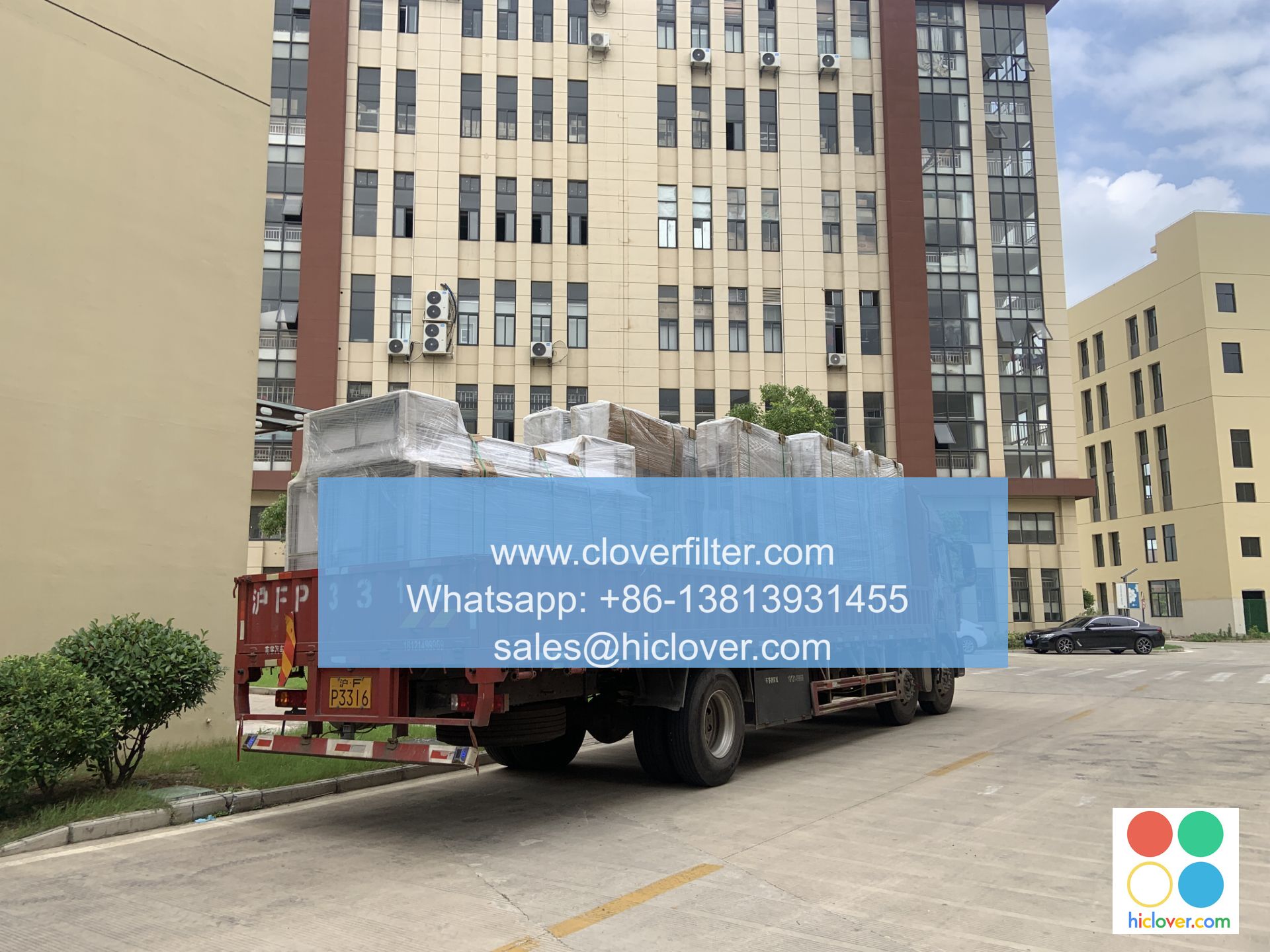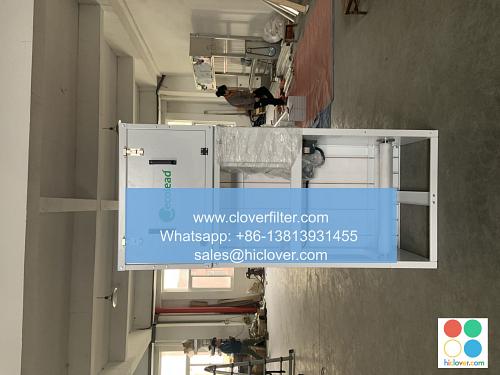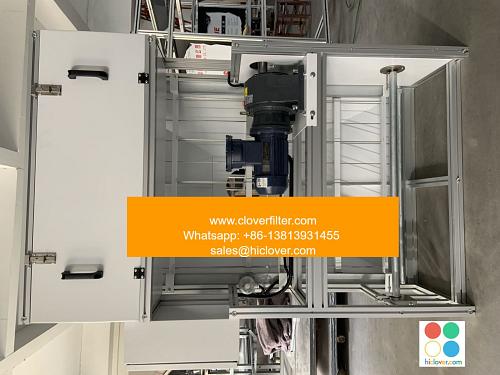Clean Air, Pure Products: The Role of Automatic Roll Air Filters in Pharmaceutical Manufacturing

The pharmaceutical industry is one of the most regulated and sensitive sectors, where the quality of the manufactured products is of utmost importance. One of the critical factors that can affect the quality of pharmaceutical products is the air quality in the manufacturing facilities. Clean air is essential to prevent contamination and ensure the purity of the products. In this context, automatic roll air filters play a vital role in maintaining the air quality in pharmaceutical manufacturing facilities.
Pharmaceutical manufacturing involves various processes, including the handling of raw materials, synthesis, formulation, and packaging. Each of these processes can generate airborne contaminants, such as dust, particles, and microorganisms, which can compromise the quality of the products. Moreover, the presence of these contaminants can also pose health risks to the personnel working in the manufacturing facilities. Therefore, it is essential to maintain a clean and pure environment in pharmaceutical manufacturing facilities.
Automatic roll air filters are designed to capture airborne contaminants and provide clean air in the manufacturing facilities. These filters are equipped with a rolling mechanism that allows them to automatically replace the dirty filter media with a clean one, ensuring continuous filtration and minimizing downtime. The filters are typically installed in the air handling units (AHUs) or HVAC systems, where they can capture contaminants before they enter the manufacturing areas.
The benefits of using automatic roll air filters in pharmaceutical manufacturing are numerous. Firstly, they provide high-efficiency filtration, capturing up to 99.97% of particles as small as 0.3 microns, including dust, pollen, and other airborne contaminants. This ensures that the air in the manufacturing facilities is clean and pure, reducing the risk of contamination and improving the quality of the products. Secondly, the automatic roll air filters minimize downtime, as they can replace the dirty filter media with a clean one automatically, reducing the need for manual intervention. This also reduces the risk of human error and ensures that the filtration system is always operating at optimal levels.
Furthermore, automatic roll air filters are designed to meet the stringent regulatory requirements of the pharmaceutical industry. They are manufactured with materials that are compatible with the industry’s standards, such as stainless steel and polypropylene, and are designed to withstand the harsh environments found in pharmaceutical manufacturing facilities. Additionally, the filters are easy to install, maintain, and validate, making them a convenient and cost-effective solution for pharmaceutical manufacturers.
In addition to their technical benefits, automatic roll air filters also offer economic advantages. By minimizing downtime and reducing the need for manual intervention, they can help pharmaceutical manufacturers reduce their operational costs. Moreover, the filters can help extend the lifespan of the equipment and reduce the risk of product recalls, which can result in significant financial losses.
In conclusion, automatic roll air filters play a critical role in maintaining the air quality in pharmaceutical manufacturing facilities. Their high-efficiency filtration, minimal downtime, and ease of installation and maintenance make them an ideal solution for pharmaceutical manufacturers. By using automatic roll air filters, manufacturers can ensure the quality and purity of their products, reduce the risk of contamination, and meet the stringent regulatory requirements of the industry.
Conclusion
In summary, the use of automatic roll air filters in pharmaceutical manufacturing is essential for ensuring the quality and purity of the products. Their benefits, including high-efficiency filtration, minimal downtime, and ease of installation and maintenance, make them a convenient and cost-effective solution for pharmaceutical manufacturers. As the pharmaceutical industry continues to evolve, the importance of maintaining clean air and pure products will remain a top priority, and automatic roll air filters will play a vital role in achieving this goal.
FAQs
- What are automatic roll air filters, and how do they work? Automatic roll air filters are designed to capture airborne contaminants and provide clean air in manufacturing facilities. They are equipped with a rolling mechanism that allows them to automatically replace the dirty filter media with a clean one, ensuring continuous filtration and minimizing downtime.
- What are the benefits of using automatic roll air filters in pharmaceutical manufacturing? The benefits of using automatic roll air filters in pharmaceutical manufacturing include high-efficiency filtration, minimal downtime, ease of installation and maintenance, and cost-effectiveness.
- How do automatic roll air filters meet the regulatory requirements of the pharmaceutical industry? Automatic roll air filters are manufactured with materials that are compatible with the industry’s standards, and they are designed to meet the stringent regulatory requirements of the pharmaceutical industry.
- Can automatic roll air filters be used in other industries besides pharmaceutical manufacturing? Yes, automatic roll air filters can be used in other industries, such as food processing, electronics manufacturing, and healthcare, where clean air and pure products are essential.
- How often should automatic roll air filters be replaced or maintained? The frequency of replacement or maintenance of automatic roll air filters depends on the manufacturer’s instructions and the operating conditions of the facility. Typically, the filters should be replaced or maintained every 1-3 months, or as recommended by the manufacturer.


